Religion and Politics – A Philosophical Connection
The relationship between religion and politics is as intricate as a spider's web, woven tightly with threads of history, philosophy, and human experience. At first glance, one might wonder how these two fundamental aspects of society intertwine. After all, religion often deals with the divine and moral codes, while politics focuses on governance and power. However, when we peel back the layers, we find that they are deeply connected, influencing each other in profound ways.
Throughout history, religion has played a pivotal role in shaping political systems and ideologies. From the divine right of kings to the modern-day influence of religious groups on electoral politics, the impact of faith on governance is undeniable. Think about it: how often do we hear political leaders invoking religious rhetoric to rally support or justify their actions? This interplay raises essential questions about the nature of authority and the legitimacy of power.
Philosophically, the connection between religion and politics can be traced back to ancient thinkers. For instance, Machiavelli argued that political authority must sometimes operate independently of morality, which is often dictated by religion. On the other hand, Hobbes believed that a strong, centralized authority was necessary to prevent chaos, a view that can be interpreted through a religious lens as a means of maintaining order and morality in society. Meanwhile, Locke introduced the idea of natural rights, which suggests that individuals have inherent rights that should not be infringed upon by either religious or political entities.
As we delve deeper into this topic, we must consider the implications of secularism versus theocracy. Secular governance advocates for the separation of religion from political affairs, promoting individual freedoms and a pluralistic society. In contrast, theocratic systems merge religious authority with political power, often leading to a homogenized society where dissenting beliefs may be suppressed. This tug-of-war between secularism and theocracy raises critical questions about the future of governance in a diverse world.
Moreover, religion has often been used as a political tool. History is rife with examples of leaders who have leveraged religious narratives to legitimize their authority or sway public opinion. Whether it’s through the use of religious symbols in political campaigns or the incorporation of religious doctrine into state laws, the manipulation of faith for political gain is a phenomenon that continues to this day. This raises ethical questions about the authenticity of such alliances and their impact on societal values.
In our modern world, the intersection of religion and politics remains a dynamic and evolving landscape. From social movements driven by faith-based organizations to policy debates influenced by religious beliefs, the implications are vast and complex. As we navigate these waters, it is crucial to engage in meaningful dialogue that respects both individual beliefs and collective governance.
- How does religion influence political decisions? Religion can shape the values and beliefs of political leaders, impacting their policy decisions and the laws they promote.
- What are the dangers of mixing religion with politics? Mixing the two can lead to the suppression of dissenting views and may infringe upon individual rights and freedoms.
- Can a society be truly secular? A secular society aims to separate religious influence from government, but achieving this can be challenging in diverse communities.
- What role do religious groups play in modern politics? Religious groups can mobilize voters, advocate for social issues, and influence public policy through their moral frameworks.
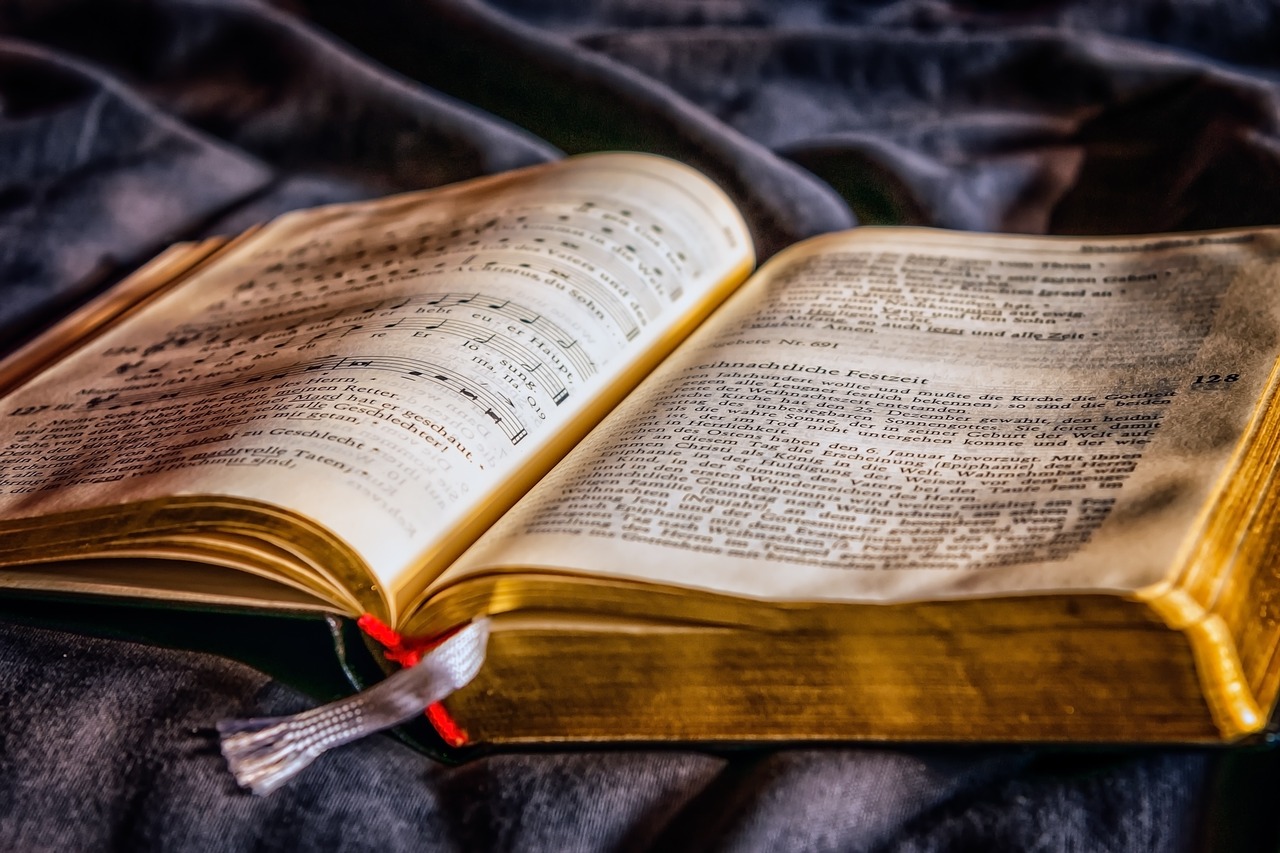
The Historical Context
Understanding the historical relationship between religion and politics provides profound insight into how these two powerful forces have shaped civilizations and influenced governance throughout the ages. From the dawn of human societies, religion has played a pivotal role in establishing moral codes and social norms, while politics has sought to organize communities and enforce order. The intertwining of these elements has often led to significant historical events that have defined nations and cultures.
In ancient civilizations, such as those in Mesopotamia and Egypt, religion and politics were inseparable. Rulers often claimed divine right, asserting that their authority was sanctioned by the gods. This belief not only legitimized their rule but also instilled a sense of duty among the populace to obey their leaders. For instance, the Pharaohs of Egypt were regarded as gods on earth, and their decrees were seen as divine law. Such a relationship created a powerful synergy between religious institutions and political authority, which was crucial for maintaining social order.
As we moved into the Middle Ages, particularly in Europe, the Catholic Church emerged as a dominant force, wielding significant political power. The Pope could excommunicate kings, a move that had profound implications for their rule and the allegiance of their subjects. This era saw the establishment of theocratic governance, where religious leaders held substantial influence over political matters. The intertwining of church and state during this period was so profound that it laid the groundwork for many modern political systems.
Fast forward to the Enlightenment, a time characterized by a shift towards reason and individualism, which began to challenge the traditional religious-political dynamics. Thinkers such as John Locke and Thomas Hobbes proposed new ideas about governance that emphasized the social contract and the role of the individual in political life. This philosophical shift led to the emergence of secularism, where the state began to separate itself from religious institutions, fostering an environment where personal beliefs could flourish without direct interference from political authority.
In contemporary times, the relationship between religion and politics continues to evolve. While many nations have adopted secular governance models, religious beliefs still play a significant role in shaping political ideologies and policies. For example, in the United States, the influence of evangelical movements is a testament to how religion can mobilize political action and sway public opinion. Similarly, in countries like Iran, theocratic systems demonstrate how religion can dictate political structures and societal norms.
To better illustrate this historical context, consider the following table that summarizes key periods in the relationship between religion and politics:
| Period | Characteristics | Key Figures |
|---|---|---|
| Ancient Civilizations | Divine right and governance by religious leaders | Pharaohs, Kings |
| Middle Ages | The Catholic Church as a political power | Pope, Monarchs |
| Enlightenment | Rise of secularism and individual rights | Locke, Hobbes |
| Modern Era | Continued interplay between religion and politics | Various political leaders and movements |
This historical overview reveals that the relationship between religion and politics is not merely a contemporary issue but a long-standing dynamic that has evolved over centuries. As we continue to navigate this complex interplay, understanding its historical context allows us to appreciate the nuances and implications that shape our current societal landscape.
- How has religion influenced political decisions in history? Religion has often been used to legitimize political authority and influence public policy, as seen in various historical contexts.
- What role did the Enlightenment play in separating religion from politics? The Enlightenment encouraged the rise of secularism and emphasized reason and individual rights, challenging the previously dominant religious-political structures.
- Are there modern examples of theocracy today? Yes, countries like Iran operate under theocratic governance where religious leaders hold significant political power.
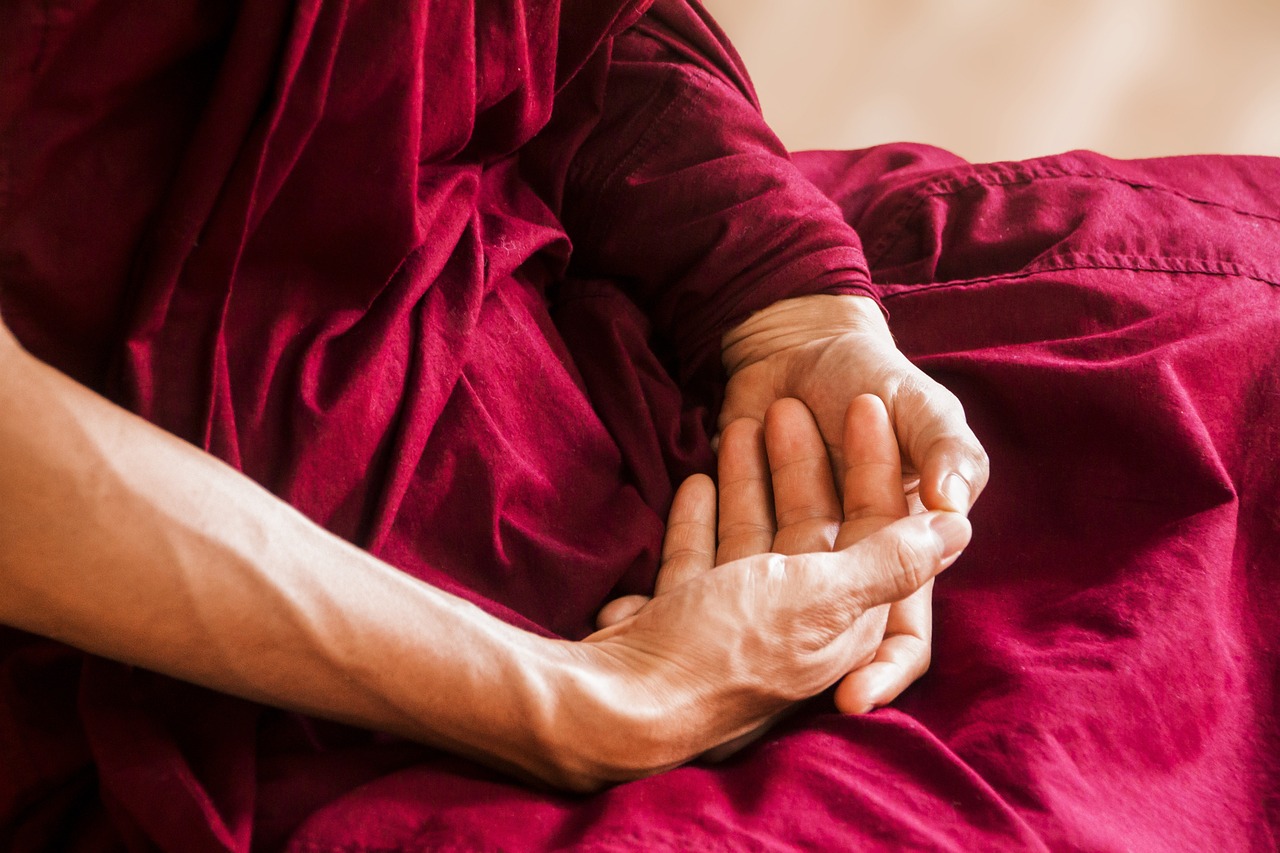
Philosophical Foundations
The intricate relationship between religion and politics is deeply rooted in philosophical thought. These two domains, often seen as separate, are intertwined in ways that shape societies and influence governance. Philosophers throughout history have grappled with the implications of this connection, offering various theories that illuminate the complexities involved. At the heart of this discussion lies the question: can religion and politics coexist harmoniously, or are they destined to clash?
To navigate this philosophical landscape, we must consider the contributions of several key thinkers who have laid the groundwork for understanding this relationship. For instance, Machiavelli argued that political power often requires a pragmatic approach that may disregard moral considerations, including religious ones. His work suggests that leaders might manipulate religious sentiments to consolidate power, raising ethical questions about the legitimacy of such actions.
Thomas Hobbes, on the other hand, presented a different viewpoint. In his seminal work, "Leviathan," he posited that a strong, centralized authority was essential for maintaining peace and order. Hobbes believed that religion could either be a unifying force or a source of conflict, depending on how it was integrated into the political framework. This duality highlights the potential for religion to both support and undermine political stability.
Then we have John Locke, who championed the idea of religious tolerance and the separation of church and state. His philosophy emphasized the importance of individual rights and the need for governance to respect personal beliefs. Locke’s views laid the foundation for modern democratic ideals, advocating for a political system that protects individual freedoms while allowing for diverse religious expressions.
The philosophical debate extends into the realms of secularism and theocracy. Secularism advocates for a governance model where religion plays no role in state affairs, promoting a neutral public sphere where all beliefs can coexist. This approach seeks to protect individual freedoms by ensuring that no single religion dominates political discourse. In contrast, theocratic systems intertwine religious authority with political power, often leading to laws and policies that reflect a specific religious doctrine. The implications of these systems are profound, influencing everything from personal liberties to societal norms.
Moreover, the use of religion as a political tool cannot be overlooked. Throughout history, political entities have harnessed religious narratives to legitimize their authority and sway public opinion. For instance, leaders may invoke divine support to justify wars, policies, or social movements, effectively intertwining their political agendas with religious fervor. This manipulation raises ethical concerns about the authenticity of such claims and the potential consequences for societal cohesion.
In contemporary discourse, the philosophical foundations of the relationship between religion and politics remain relevant. As societies evolve, the dialogue surrounding these themes continues to develop, prompting us to reflect on how our beliefs shape our governance and vice versa. The interplay between these two forces is not merely academic; it has real-world implications that affect our daily lives, from legislation to social justice movements.
- Why is the relationship between religion and politics important? Understanding this relationship helps us navigate societal conflicts and promotes dialogue about governance and individual rights.
- Can religion and politics coexist? Yes, but their coexistence depends on mutual respect and the willingness to engage in open dialogue.
- What role do philosophers play in this discussion? Philosophers provide critical insights that help us understand the implications of intertwining belief systems with governance.

Influential Thinkers
The relationship between religion and politics has been a topic of profound philosophical inquiry, with numerous thinkers contributing their insights over the centuries. Among these, Machiavelli, Hobbes, and Locke stand out as pivotal figures whose ideas have shaped our understanding of governance and authority in the context of religious beliefs.
Machiavelli, often regarded as the father of modern political science, introduced the concept that politics could be separated from morality, including religious morality. In his seminal work, The Prince, he argued that a ruler must be pragmatic and sometimes ruthless, prioritizing the stability of the state over religious or ethical considerations. This perspective raises questions about the role of religion in legitimizing authority. Is it a tool for governance, or does it serve a higher moral purpose? Machiavelli’s insights suggest that religion can be manipulated for political ends, a theme that resonates throughout history.
Hobbes, on the other hand, provided a contrasting view in his work, Leviathan. He posited that in the absence of a strong central authority, life would be "solitary, poor, nasty, brutish, and short." For Hobbes, the social contract was essential, and he argued that a sovereign power—often legitimized through religious authority—was necessary to maintain order. His ideas imply a deep intertwining of religious belief and political authority, positing that the divine right of kings was a way to establish and justify governance. This raises an intriguing question: does religion inherently support political structure, or is it merely a byproduct of human governance?
Locke introduced yet another layer to this discourse, advocating for the separation of church and state in his writings. Locke believed that individual rights, including the freedom of religion, were fundamental to a just society. His philosophy laid the groundwork for modern democratic thought, emphasizing that government should be based on the consent of the governed rather than divine right. This shift towards secularism has profound implications for how we view the role of religion in politics today. It begs the question: can true democracy exist in a society where religious authority holds sway over political decisions?
These thinkers collectively illustrate the complexity of the relationship between religion and politics. Their differing views highlight the ongoing debate about whether religion serves as a foundation for political authority or whether it is a vehicle for individuals to express their governance ideals. As we navigate the modern political landscape, the echoes of their philosophies can still be felt, influencing contemporary discussions about the role of faith in public life.
To further understand the implications of these philosophical foundations, it’s essential to consider how they manifest in today’s world. For instance, the rise of secularism in many Western societies contrasts sharply with the theocratic governance seen in parts of the Middle East. This juxtaposition raises questions about individual freedoms and societal norms, making the discourse around religion and politics as relevant today as it was in the past.
In summary, the contributions of Machiavelli, Hobbes, and Locke provide a rich tapestry of thought that continues to inform our understanding of the intricate relationship between religion and politics. Their ideas encourage us to reflect on our beliefs and the structures that govern us, prompting us to ask: how do we navigate our convictions in a world where politics and religion are often intertwined?
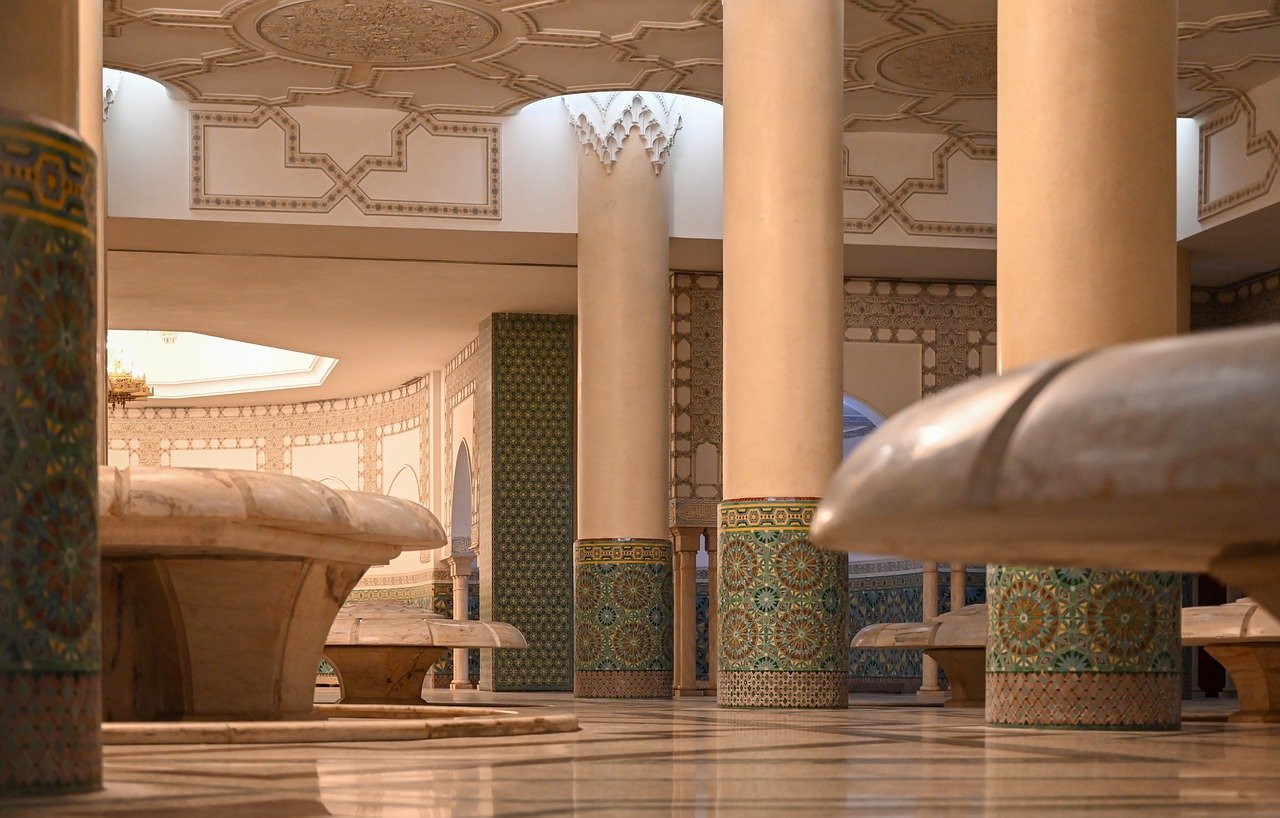
Secularism vs. Theocracy
The debate between secularism and theocracy is not just an academic exercise; it is a fundamental clash of ideologies that shapes the very fabric of societies. At its core, secularism advocates for the separation of religion from political affairs, arguing that governance should be based on reason, logic, and universal human rights rather than religious doctrine. This framework allows for a diverse society where individuals can practice their beliefs freely without state interference. In contrast, theocracy posits that religious leaders should govern in accordance with divine laws, often leading to a homogenous culture where dissenting views are suppressed.
Imagine a world where the laws of the land are dictated by a singular religious text. In a theocratic system, policies might be influenced by interpretations of that text, which can lead to rigid social norms and limited personal freedoms. For instance, consider countries like Iran, where the intertwining of religious authority and political power shapes daily life. Here, the government enforces laws that reflect specific religious beliefs, often at the expense of individual rights. This can create a society that is not only less tolerant of diverse viewpoints but also restricts personal freedoms in the name of religious adherence.
On the flip side, secularism promotes a pluralistic approach, where multiple beliefs can coexist. Countries like France exemplify this, where the government actively maintains a neutral stance on religion. This separation allows for a vibrant tapestry of cultural expressions and beliefs, fostering an environment where citizens are encouraged to engage in dialogue rather than conflict. However, secularism is not without its challenges; some argue that it can lead to a disconnection from moral and ethical frameworks that many find in their religious teachings.
To better understand the distinctions and implications of these two systems, let’s break down some key differences:
| Aspect | Secularism | Theocracy |
|---|---|---|
| Definition | Separation of religion from political institutions | Government run by religious leaders and laws |
| Social Diversity | Encourages multiple belief systems | Promotes a singular religious doctrine |
| Freedom of Belief | Individuals are free to practice any religion | Religious conformity is often enforced |
| Legal Framework | Based on human rights and secular laws | Based on religious texts and interpretations |
While secularism champions individual freedoms and a diverse society, theocratic systems often prioritize religious uniformity, which can lead to oppression of minority views. As we navigate the complexities of modern governance, understanding the implications of these ideologies becomes increasingly important. The balance between respecting religious beliefs and ensuring freedom for all remains a delicate dance, one that requires constant dialogue and reflection.
- What is secularism? Secularism is the principle of separating religion from political and social institutions, promoting a neutral stance on religious matters in governance.
- What is theocracy? Theocracy is a form of government in which religious leaders control the state, and laws are based on religious doctrine.
- How does secularism affect individual freedoms? Secularism generally promotes individual freedoms by allowing people to practice their beliefs without government interference.
- Can a society be both secular and religious? Yes, many societies strive to find a balance where secular governance allows for religious practices while protecting individual rights.
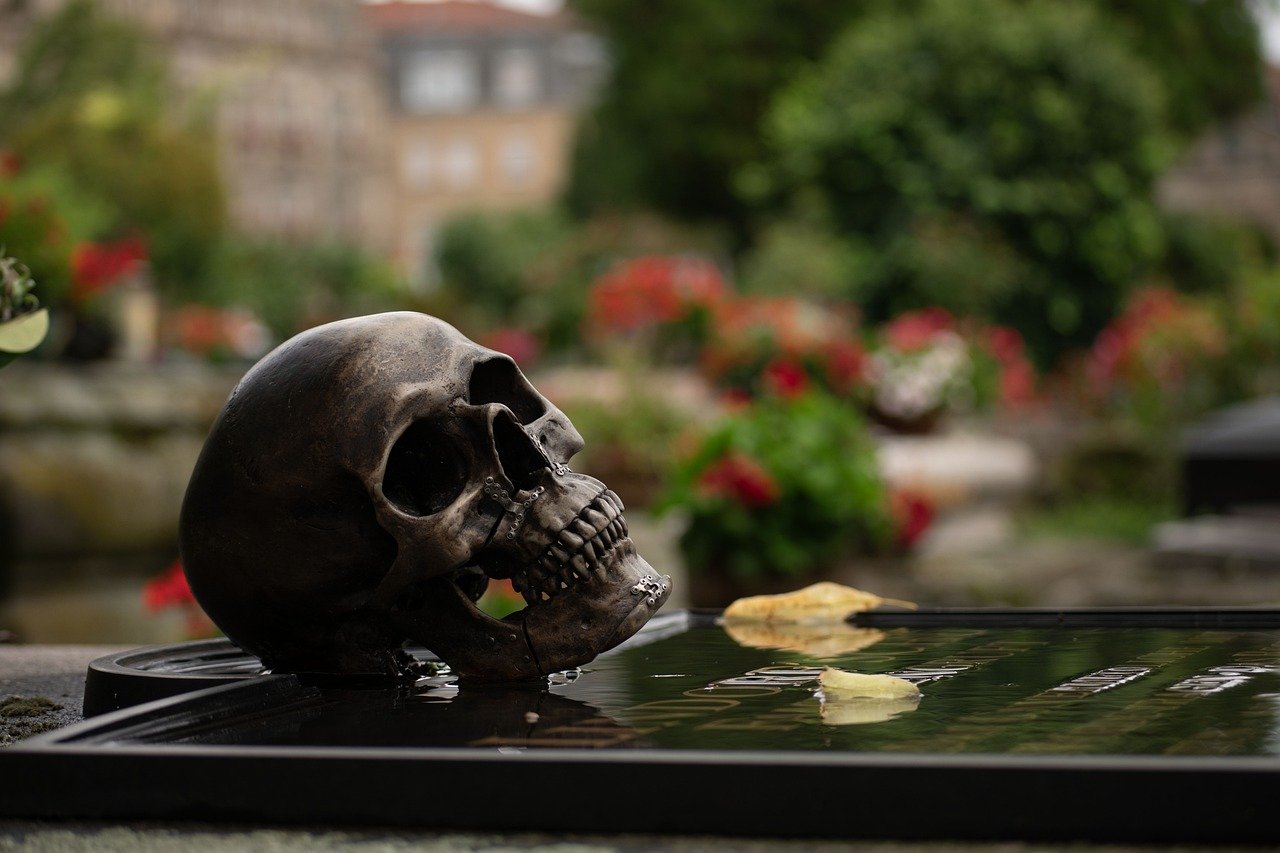
Religion as a Political Tool
Throughout history, religion has often been wielded as a powerful political tool, enabling leaders to consolidate power and influence public sentiment. Just think about it: when a political figure invokes divine authority, they not only gain legitimacy but also tap into the deep-seated beliefs of their constituents. This is not just a matter of faith; it’s a strategic maneuver that can sway the masses and secure political advantage.
Take, for example, the crusades of the Middle Ages. Leaders like Pope Urban II rallied thousands by framing the military campaigns as a holy mission, intertwining religious fervor with political ambition. This use of religion to mobilize people and justify actions showcases how intertwined these two realms can be. Similarly, in more recent history, political leaders have often invoked religious narratives to rally support for policies or wars, creating a potent blend of faith and governance.
Moreover, religious institutions themselves can become instrumental in political landscapes. They often have extensive networks and influence, allowing them to shape public opinion and mobilize voters. For instance, in the United States, the evangelical movement has played a significant role in shaping political discourse, particularly on issues like abortion and same-sex marriage. By framing these topics through a religious lens, they not only influence policy but also create a strong voting bloc that politicians cannot afford to ignore.
However, the relationship between religion and politics is not without its complexities. While some leaders use religion as a means to an end, others genuinely believe in the intertwining of their spiritual and political responsibilities. This duality raises questions about the authenticity of such alliances. Are these leaders truly motivated by their faith, or are they merely leveraging it for political gain? The answer is often murky, leading to debates about the ethical implications of using religion as a political tool.
In many societies, the use of religion in politics can lead to significant consequences, both positive and negative. On one hand, it can foster a sense of community and shared values, guiding societies toward common goals. On the other hand, it can also lead to division and conflict, particularly when differing beliefs clash. For example, in regions where religious identity is closely tied to national identity, political decisions can exacerbate tensions between different groups, leading to unrest or even violence.
As we move into an increasingly globalized world, the dynamics of using religion as a political tool are evolving. In some cases, we see a rise in secularism, where political entities strive to separate themselves from religious influence, while in others, we witness a resurgence of religious rhetoric in politics. This tug-of-war between secular governance and religious influence is likely to continue shaping political landscapes for years to come.
In conclusion, the use of religion as a political tool is a complex and multifaceted issue that reflects the intricate relationship between belief and governance. Whether it’s used to unite or divide, the implications of this interplay are profound, influencing not just individual lives but the very fabric of society itself.
- How has religion historically influenced politics? Religion has historically provided legitimacy to rulers and has been used to justify wars and policies, shaping civilizations.
- What are some modern examples of religion being used in politics? In the U.S., evangelical movements have significantly influenced political decisions on social issues.
- Can religion and politics coexist? Yes, they can coexist, but the balance between them varies by culture and context, affecting governance and societal norms.
- What are the risks of using religion in politics? It can lead to division, conflict, and the marginalization of those with differing beliefs or secular viewpoints.
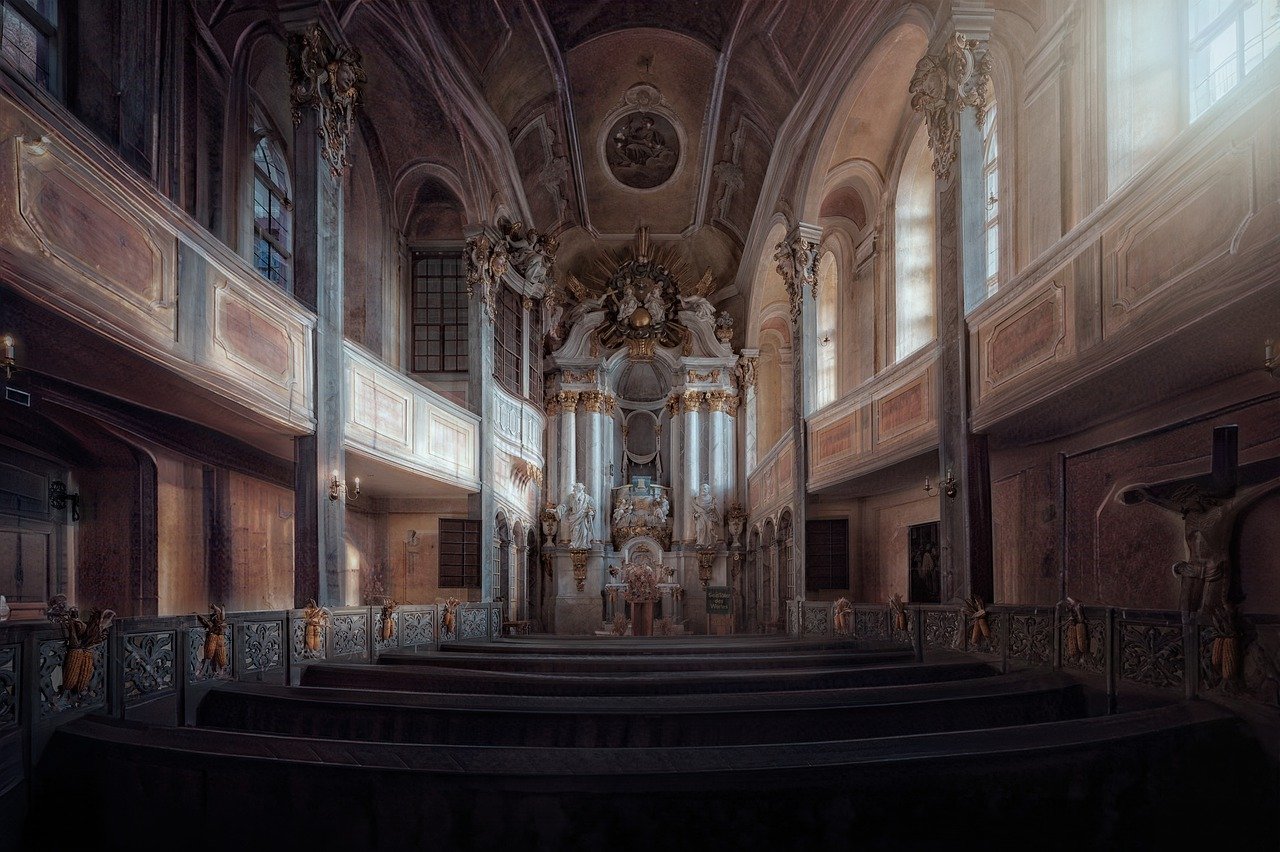
Modern Implications
In today's world, the intersection of religion and politics is more relevant than ever. As societies grapple with complex issues ranging from climate change to social justice, the influence of religious beliefs on political decisions cannot be underestimated. For instance, consider how religious groups often mobilize their followers to advocate for specific policies. This phenomenon raises a crucial question: how do personal beliefs shape public policy? The answer is multifaceted and deeply rooted in both historical context and contemporary realities.
One of the most significant modern implications of this relationship is the rise of religious nationalism. In various parts of the world, political leaders are increasingly aligning themselves with religious identities to garner support. This trend can be seen in countries like India and Turkey, where leaders have employed religious rhetoric to solidify their power. The blending of religion and national identity often leads to a sense of unity among followers, but it can also create divisions within society. The consequences of this can be profound, as policies may favor one religious group over others, leading to social unrest and conflict.
Moreover, the political landscape is further complicated by the emergence of social movements that are driven by religious motivations. For example, movements advocating for human rights or environmental protection often draw upon religious teachings to inspire action. This intersection of faith and activism can be a powerful force for change, as it mobilizes individuals who might not otherwise engage in political discourse. Yet, it also raises the question of whether political engagement should be rooted in religious doctrine or if it should be based on secular ethical frameworks.
Another important aspect to consider is the role of secularism in modern governance. In many democratic societies, there is an ongoing debate about the extent to which religion should influence political decision-making. While some argue for a strict separation between church and state, others believe that religious values can contribute positively to societal norms. This tug-of-war can lead to significant political polarization, as different groups advocate for their beliefs to be reflected in public policy.
The implications of these dynamics are evident in various areas, including education, healthcare, and social services. For instance, debates over abortion and same-sex marriage often hinge on religious beliefs, with political leaders using these issues to rally their bases. As such, understanding the philosophical underpinnings of these debates is crucial for comprehending the broader implications for society.
To illustrate the current state of affairs, consider the following table, which outlines some key areas where religion and politics intersect:
| Area of Intersection | Examples | Implications |
|---|---|---|
| Education | Debates over school prayer and curriculum content | Influences on youth beliefs and societal values |
| Healthcare | Access to reproductive health services | Impact on women's rights and health outcomes |
| Social Justice | Religious organizations advocating for marginalized groups | Potential for positive social change or backlash |
As we move forward, the relationship between religion and politics will continue to evolve, influenced by global events, cultural shifts, and technological advancements. The challenge lies in fostering a dialogue that respects diverse beliefs while promoting a cohesive society. In this context, it's essential to ask ourselves: how can we navigate these waters without losing sight of our shared humanity?
- How does religion influence political decisions today?
Religion often shapes the values and beliefs that guide political leaders and their constituents, impacting policies on issues such as healthcare, education, and social justice. - What is religious nationalism?
Religious nationalism is a political ideology that seeks to align national identity with a specific religious identity, often leading to policies that favor one group over others. - Can secularism coexist with religious beliefs in politics?
Yes, many democratic societies strive to balance secular governance with respect for religious beliefs, but this can lead to significant political debates and polarization.
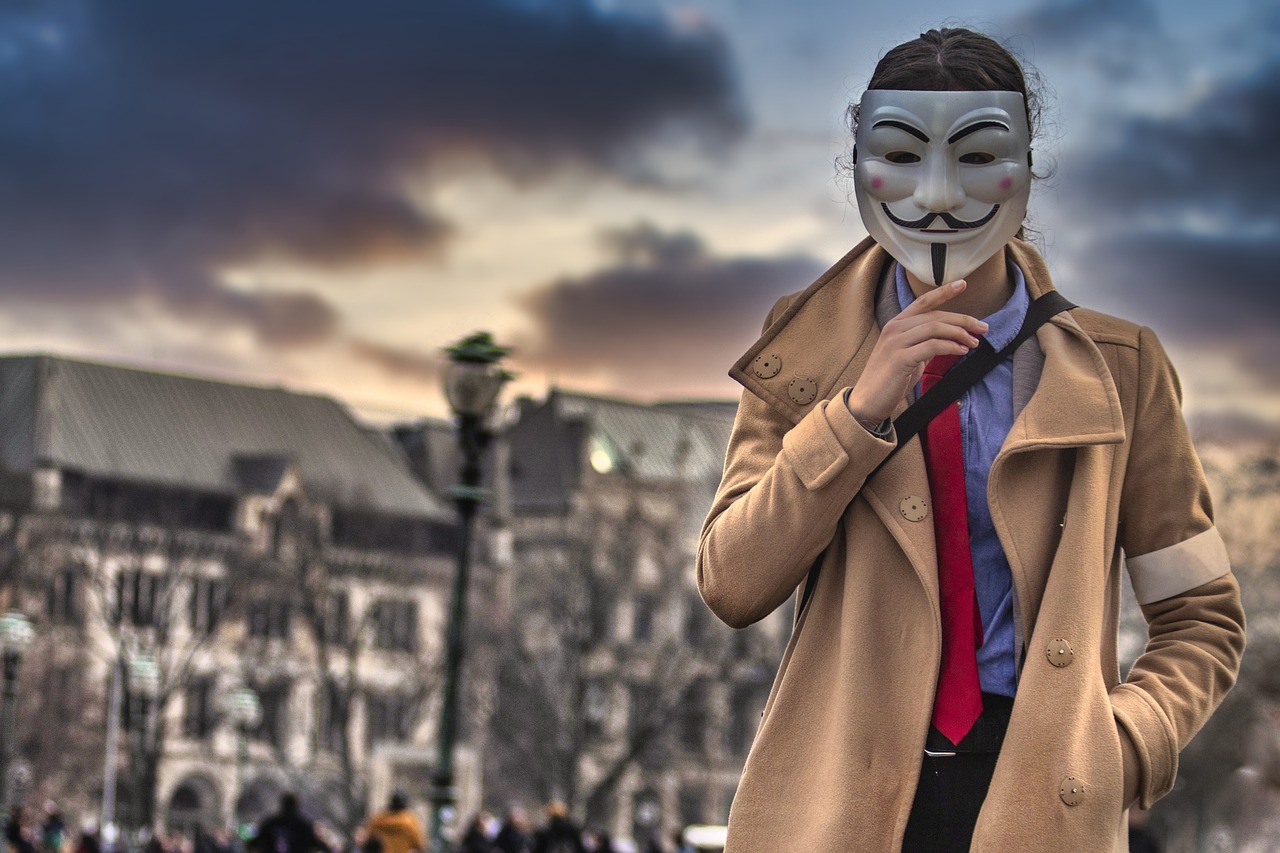
Case Studies
To truly grasp the intricate relationship between religion and politics, we must delve into real-world scenarios that highlight how these two forces interact within various cultural and political frameworks. Case studies serve as a powerful tool to illustrate these dynamics, providing concrete examples that bring theoretical discussions to life. Let's explore some notable instances from around the globe, showcasing the diverse ways in which religion influences political landscapes and vice versa.
The United States presents a fascinating case study in the intersection of religion and politics. The influence of religious groups, particularly evangelical movements, has significantly shaped political discourse and policy decisions. For instance, the rise of the Christian Right in the late 20th century marked a pivotal moment in American politics. These groups have mobilized voters around issues such as abortion, same-sex marriage, and education, effectively intertwining their religious beliefs with political agendas.
The impact of religion on American politics can be observed through various elections, where candidates often appeal to religious sentiments to garner support. This phenomenon raises questions about the role of faith in public life and whether it should influence governance. The ongoing debates about the separation of church and state continue to be a hot topic, reflecting the complex relationship between individual beliefs and collective governance.
Looking beyond the United States, we can find numerous examples of how different countries navigate the relationship between religion and politics. In the Middle East, for instance, many nations operate under theocratic systems where religious leaders wield significant political power. Countries like Iran exemplify this dynamic, where the Islamic Republic intertwines religious authority with state governance, impacting everything from legal systems to social norms.
Conversely, in Europe, the trend has leaned more towards secularism, where the state maintains a clear separation from religious institutions. However, even in these secular societies, religion still plays a role in shaping public opinion and policies, particularly regarding immigration and cultural identity. For example, the rise of populist movements across Europe has often been accompanied by a resurgence of religious rhetoric, highlighting the ongoing relevance of faith in political discourse.
To better understand these diverse approaches, we can summarize key differences in a comparative table:
| Region | Political System | Role of Religion |
|---|---|---|
| United States | Democracy | Significant influence of evangelical movements |
| Iran | Theocracy | Religious leaders hold political power |
| Western Europe | Secular Democracy | Religion influences cultural policies |
These case studies reveal that the relationship between religion and politics is anything but straightforward. It varies significantly across different cultures and political systems, highlighting the need for ongoing dialogue and understanding. As we move forward, it’s crucial to recognize these complexities and the potential for both conflict and cooperation in this ever-evolving landscape.
Q1: How does religion influence political decision-making?
A1: Religion can shape political decision-making by providing a moral framework that guides leaders and voters alike. Issues such as abortion and marriage equality often reflect deeply held religious beliefs, influencing legislation and public policy.
Q2: What is the difference between secularism and theocracy?
A2: Secularism advocates for the separation of religion from government, ensuring that religious beliefs do not dictate state policies. In contrast, a theocracy is a system of government in which religious leaders control political power and laws are based on religious doctrine.
Q3: Can religion and politics coexist peacefully?
A3: Yes, religion and politics can coexist peacefully when there is mutual respect and understanding. Open dialogue and a commitment to human rights can help bridge the gap between differing beliefs and political ideologies.
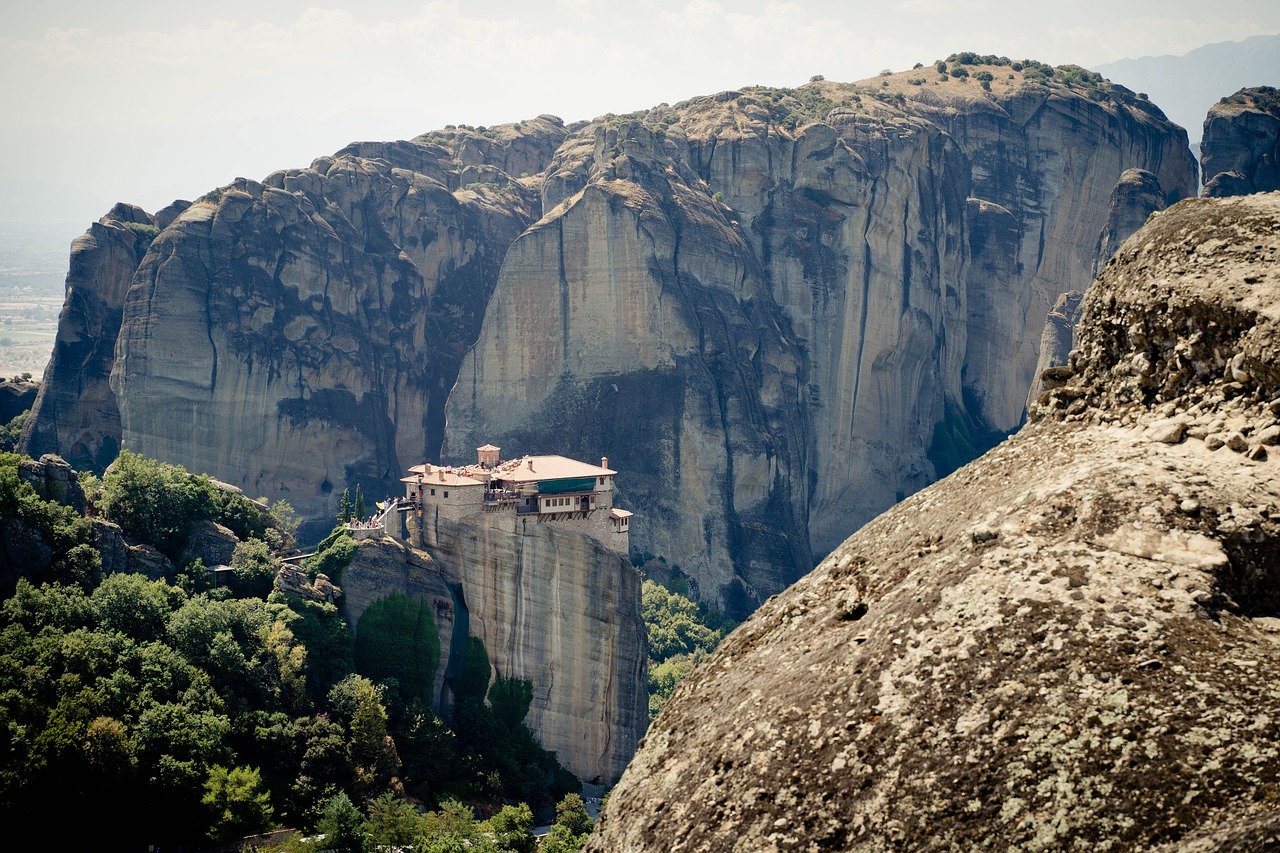
Religion in American Politics
The influence of religion on American politics is as complex as it is profound. From the founding of the nation, where the First Amendment guaranteed freedom of religion, to the present day, the interplay between faith and governance has shaped public policy and political landscapes. One might wonder, how did we get here? Well, it all starts with the deep-rooted belief systems that many Americans hold dear. These beliefs often translate into political action, driving voters to the polls and influencing legislative agendas.
Throughout history, various religious movements have emerged, significantly impacting political discourse. For example, the rise of the evangelical movement has played a pivotal role in American politics, particularly since the late 20th century. Evangelicals have mobilized to advocate for issues such as abortion rights, same-sex marriage, and immigration reform. Their ability to rally large groups of voters has made them a formidable force in elections, often swaying results in favor of candidates who align with their values.
Moreover, the relationship between religion and politics in the U.S. is not merely a one-way street. Politicians frequently utilize religious rhetoric to connect with constituents, framing their policies in a moral context. This is evident in campaign speeches, where candidates often invoke religious language to resonate with voters. For instance, during elections, it’s common to hear references to being “guided by faith” or “serving a higher purpose.” This strategy not only garners support but also legitimizes their political agendas in the eyes of religious communities.
To illustrate this dynamic, consider the following table that outlines some key religious groups and their political affiliations:
| Religious Group | Political Affiliation | Key Issues |
|---|---|---|
| Evangelicals | Conservative | Abortion, Family Values, Religious Freedom |
| Catholics | Varied | Social Justice, Immigration, Healthcare |
| Jewish Community | Progressive | Civil Rights, Social Welfare, Foreign Policy |
| Muslim Community | Progressive | Social Justice, Anti-Discrimination, Civil Liberties |
This table highlights how different religious groups align with political ideologies and issues. The diversity of beliefs in America means that there isn’t a monolithic religious influence on politics; instead, it’s a tapestry of various perspectives that contribute to the national dialogue.
However, the intertwining of religion and politics does not come without challenges. The separation of church and state is a constitutional principle that aims to prevent the government from favoring one religion over another. Yet, the reality is often more complicated. For instance, debates surrounding school prayer and the display of religious symbols in public spaces frequently arise, leading to legal battles and public outcry. This tension raises critical questions: How do we balance respect for religious beliefs with the need for a secular government? Can we ensure that all voices are heard without compromising individual freedoms?
As we look to the future, the role of religion in American politics is likely to continue evolving. With younger generations becoming increasingly diverse in their beliefs, the political landscape may shift in unexpected ways. Will the traditional alliances hold, or will new coalitions form based on emerging values? Only time will tell, but one thing is certain: the connection between religion and politics will remain a vital part of the American story.
- How does religion influence voter behavior in the U.S.?
Religion often shapes the moral and ethical perspectives of voters, influencing their choices on key issues. - What role do religious leaders play in politics?
Religious leaders can mobilize communities, advocate for specific policies, and influence public opinion through their platforms. - Is there a separation of church and state in the U.S.?
Yes, the First Amendment establishes a separation of church and state, though interpretations can vary. - How do different religious groups align politically?
Different groups align based on shared values and key issues, often leading to varied political affiliations.
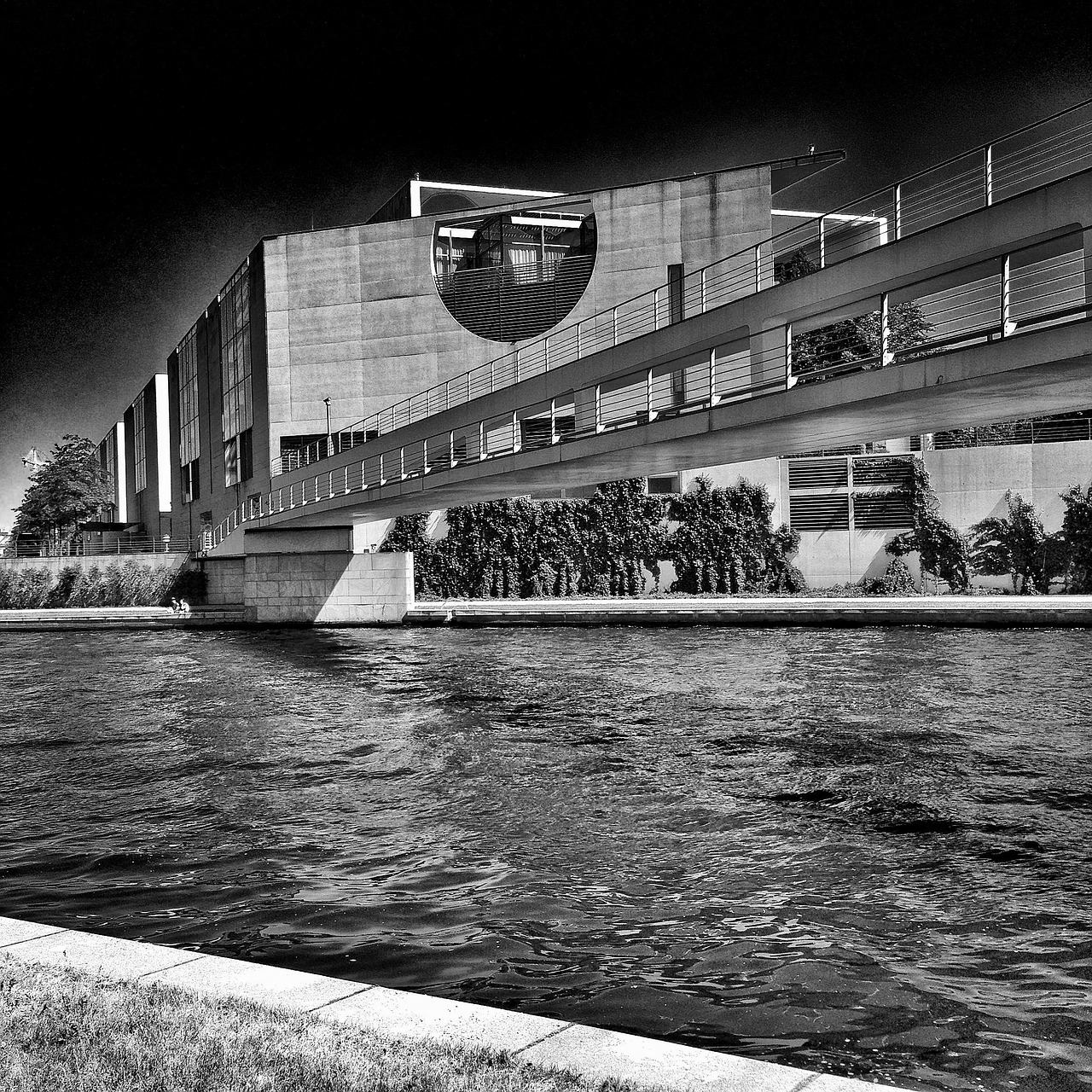
Global Perspectives
The intricate relationship between religion and politics varies significantly across the globe, shaped by cultural, historical, and social contexts. In some regions, religion serves as a unifying force that binds people together, while in others, it can be a source of division and conflict. For instance, in the Middle East, religion often intertwines with political authority, influencing governance and public policy. Countries like Iran operate under a theocratic model, where religious leaders hold substantial political power, shaping laws based on religious doctrine. This blend of religion and politics can lead to a unique societal structure that prioritizes religious law over secular governance.
Conversely, in many Western democracies, the trend has leaned towards secularism, where the state maintains a clear separation from religious institutions. This approach aims to ensure that governance is based on democratic principles rather than religious dogma. However, even in these secular states, religion can still play a significant role in political discourse. For example, in the United States, the influence of evangelical movements has been profound, affecting everything from social policy to electoral outcomes.
In Europe, the relationship between religion and politics presents a mixed bag. Countries like France advocate for strict secularism, often referred to as laïcité, which aims to keep religion out of public life. This has led to heated debates over the presence of religious symbols in public spaces and the role of religious organizations in education. On the other hand, nations like Italy and Poland see a more pronounced influence of the Catholic Church in political matters, where religious beliefs can sway public opinion and legislative decisions.
In Asia, the dynamics shift once more. In countries like India, religion plays a critical role in shaping national identity and politics. The rise of Hindu nationalism has influenced various aspects of governance, leading to policies that reflect religious ideologies. Meanwhile, in predominantly Muslim countries such as Indonesia and Malaysia, Islam is a significant factor in political life, affecting everything from legal frameworks to social norms.
To better understand these varying perspectives, the following table summarizes the relationship between religion and politics in different regions:
| Region | Religious Influence | Political Structure |
|---|---|---|
| Middle East | High | Theocratic |
| Western Democracies | Moderate | Secular |
| Europe | Varied | Mixed (Secular & Religious) |
| Asia | High in some regions | Varied (Secular & Theocratic) |
As we navigate these global perspectives, it's essential to recognize that the relationship between religion and politics is not static. It evolves with societal changes, technological advancements, and shifting cultural landscapes. Understanding these dynamics can foster deeper dialogues about coexistence and mutual respect among diverse belief systems.
- How does religion influence political decisions? Religion can shape political ideologies, influence voter behavior, and inform policy-making, often serving as a moral compass for leaders.
- What is the difference between secularism and theocracy? Secularism advocates for a separation between religion and state, while theocracy is a system where religious leaders control political governance.
- Can religion and politics coexist peacefully? Yes, through dialogue and mutual respect, different belief systems can coexist, fostering a society that values diverse perspectives.
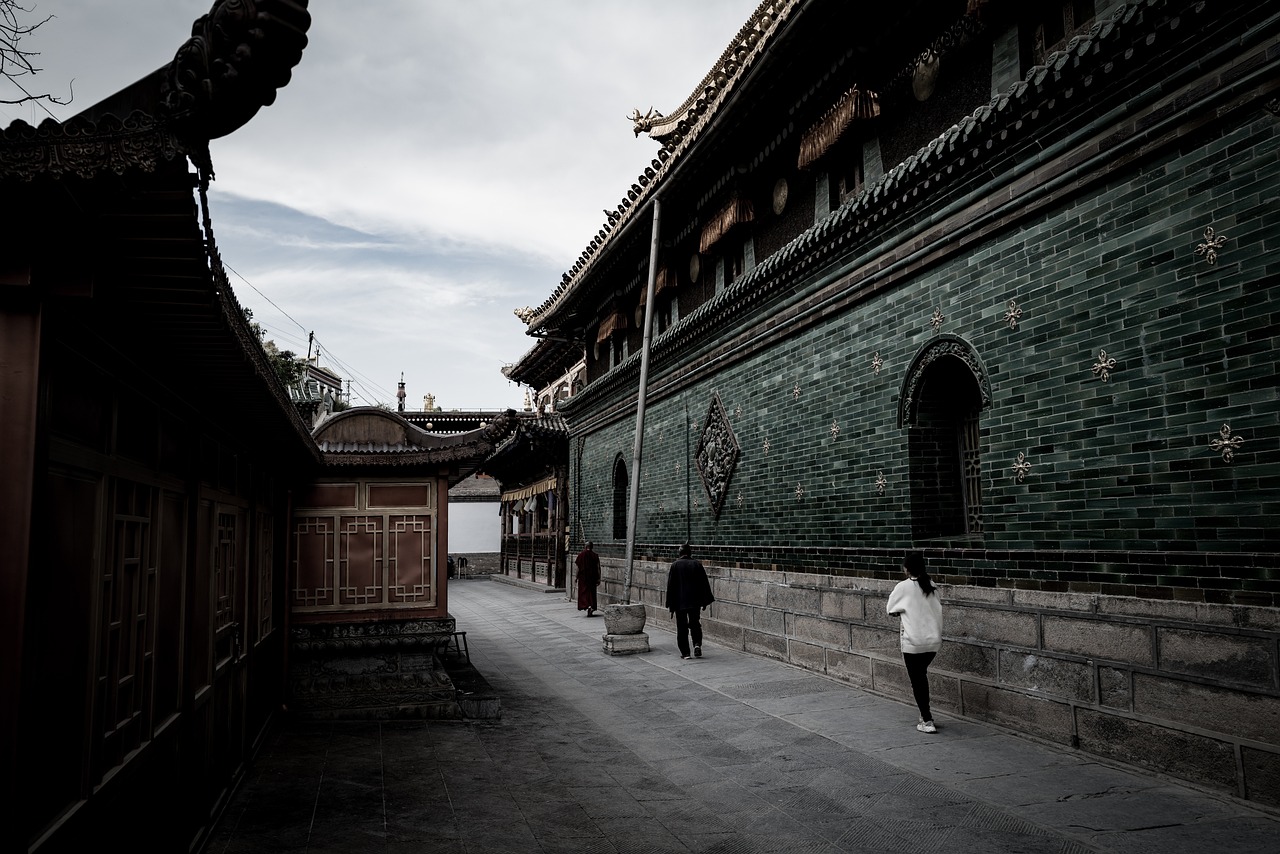
The Future of Religion and Politics
The future of the relationship between religion and politics is poised to be as dynamic and complex as its past. As we move deeper into the 21st century, we witness a world increasingly characterized by globalization, technological advancements, and shifting social norms. These changes are not just reshaping our daily lives but are also influencing the way we perceive and engage with both religious and political institutions. Have you ever wondered how these two powerful forces will coexist in an ever-evolving landscape?
One significant trend is the rise of religious pluralism. In many societies, the traditional dominance of a single religion is giving way to a more diverse religious environment. This shift not only challenges the political status quo but also encourages dialogue between different faiths. Imagine a world where interfaith discussions lead to collaborative policies that respect and reflect the beliefs of a broader population. However, this pluralism can also create tension, as competing ideologies vie for influence in the public sphere.
Moreover, the impact of technology cannot be understated. Social media platforms have become battlegrounds for political discourse, where religious groups can mobilize support or protest against policies that they perceive as unjust. The rapid spread of information (and misinformation) can amplify voices that were once marginalized, leading to both positive change and potential conflict. For instance, consider how movements like the Arab Spring were fueled by social media, showcasing the power of collective action driven by shared beliefs.
However, with these opportunities come significant challenges. The rise of populism in various parts of the world has often been intertwined with religious rhetoric, leading to the marginalization of minority groups and fueling divisive politics. This trend raises critical questions: Will we see a future where religion is used to unite or divide? Can political leaders rise above sectarian divides to foster an inclusive society? The answers to these questions will undoubtedly shape the political landscape for generations to come.
In addition, the environmental crisis is bringing a new dimension to the relationship between religion and politics. Many religious groups are increasingly advocating for environmental stewardship, viewing it as a moral obligation. This intersection of faith and ecological responsibility could lead to innovative policies that prioritize sustainability. Imagine if religious leaders and politicians collaborated to address climate change, using their platforms to inspire action and promote a shared vision for the future.
As we contemplate the future, it’s essential to consider the role of education in shaping the relationship between religion and politics. By fostering critical thinking and encouraging open dialogue, educational institutions can cultivate a generation that values coexistence and understands the importance of respecting diverse perspectives. This approach could help mitigate conflicts and pave the way for a more harmonious future.
In conclusion, the future of religion and politics is not set in stone. It will be shaped by the choices we make today, the dialogues we engage in, and our willingness to embrace diversity. As we navigate this complex landscape, let us strive for a future where religion and politics can coexist, enriching our societies rather than dividing them. Are we ready to take on this challenge?
- Will religion continue to influence politics in the future? Yes, as long as people hold strong beliefs, religion will play a role in shaping political ideologies and policies.
- How can technology impact the relationship between religion and politics? Technology can amplify voices and mobilize communities, but it can also spread misinformation that may polarize opinions.
- What role does education play in this relationship? Education fosters critical thinking and dialogue, which are essential for understanding and respecting diverse beliefs.
- Can religious groups collaborate on social issues? Absolutely! Many religious organizations are increasingly focusing on social justice and environmental issues, promoting collaboration across faiths.
Frequently Asked Questions
- What is the relationship between religion and politics?
The relationship between religion and politics is complex and multifaceted. At its core, it involves how religious beliefs influence political ideologies, policies, and governance. Throughout history, religion has played a crucial role in shaping political authority, often serving as a moral compass for laws and societal norms.
- How have historical events shaped the connection between religion and politics?
Historical events, such as wars, revolutions, and the rise and fall of empires, have significantly influenced the interplay between religion and politics. For instance, the Protestant Reformation led to the establishment of various political entities that were influenced by religious beliefs, while the Enlightenment prompted a move towards secular governance in many parts of the world.
- Who are some key philosophers that have contributed to the discussion on religion and politics?
Several influential thinkers have shaped the discourse on religion and politics, including Machiavelli, who explored the use of religion as a political tool; Hobbes, who discussed the necessity of a sovereign authority; and Locke, who emphasized the importance of individual rights and the separation of church and state.
- What are the differences between secularism and theocracy?
Secularism advocates for the separation of religion from political affairs, promoting a governance model where laws and policies are made independently of religious influence. In contrast, theocracy is a system where religious leaders control political power, and laws are based on religious doctrines, often limiting individual freedoms and pluralism.
- How do political entities use religion to their advantage?
Political entities have historically utilized religious narratives to legitimize their power and influence public opinion. By aligning themselves with religious beliefs, they can garner support from religious communities, reinforce their authority, and create a sense of moral obligation among their constituents.
- What are some modern implications of the religion-politics relationship?
In today's world, the intersection of religion and politics continues to evolve, affecting policy-making and social movements. From debates over religious freedoms to the influence of religious groups on elections, the dynamic between these two spheres remains a significant factor in global relations and domestic issues.
- Can you provide examples of religion's role in American politics?
Religion plays a notable role in American politics, particularly through the influence of evangelical movements. These groups often mobilize voters around key issues like abortion and marriage equality, impacting policy decisions and the overall political landscape.
- How do different countries navigate the relationship between religion and politics?
Countries navigate the relationship between religion and politics in various ways. For example, in the Middle East, many nations incorporate religious laws into their governance, while European countries often favor secularism, balancing religious freedoms with democratic principles. Each approach reflects the unique cultural and historical contexts of the respective regions.
- What does the future hold for the relationship between religion and politics?
The future relationship between religion and politics is likely to be shaped by ongoing dialogue and coexistence. As societies become more diverse, the challenge will be to find common ground that respects individual beliefs while promoting social cohesion and democratic values.



















